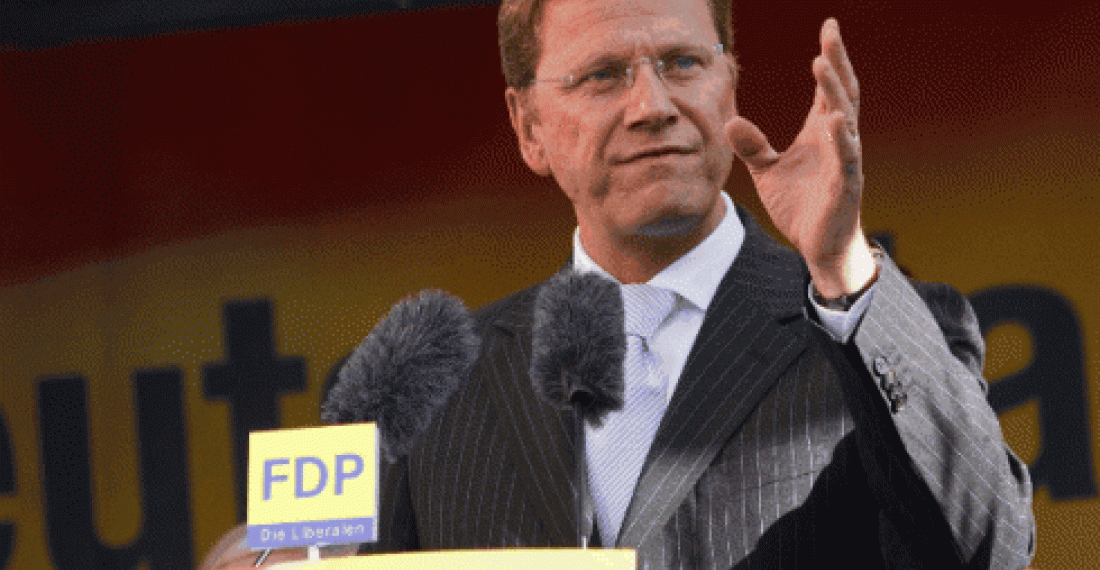The need for continuing the peace efforts to resolve the Nagorno--Karabakh conflict has been reiterated by a number of senior diplomats and politicians over the last days.
Speaking to the German broadcaster Deutsche Welle the Foreign Minister of Azerbaijan Elmad Mammadyarov stated that “Despite the fact that the negotiations on the settlement of the Nagorno-Karabakh conflict remain without results, Azerbaijan will continue peace talks,” according to APA. The same news agency also quoted the chairperson of the Russian Federation Council Valentina Mativienko comments on the conflict. Mativienko said that “The settlement of Nagorno Karabakh conflict is not a simple process. Russia is continuing its mediation towards the resolution of the conflict. The OSCE, which is engaged in the resolution of the conflict, the UN, as well as Russia will continue efforts towards the peaceful resolution of the conflict. The main thing is to achieve peaceful resolution of the conflict,” she added.
In the meantime the German Foreign Minister Guido Westerwelle, currently visiting Baku also emphasised that the conflict should be solved only through peace: "We must use all means to resolve this conflict. Resolving this conflict is important for the whole region", he said.
There have been concerns recently that the peace process has grinded to a halt and about the implications of this. The mediators from the OSCE Minsk Group were in the region recently, and met with all the key stakeholders but little progress was reported.
source: commonspace.eu with APA
photo: German Foreign Minister Guido Westerwelle (archive photo)







